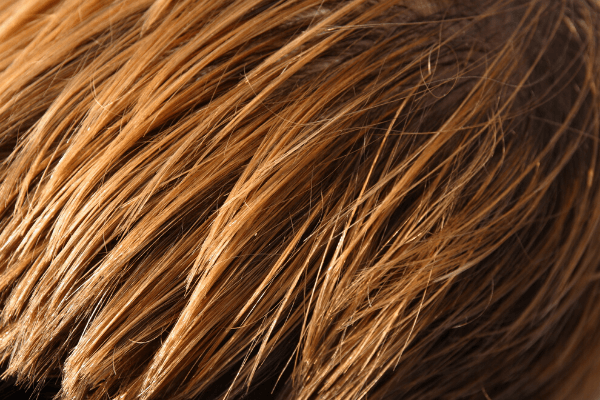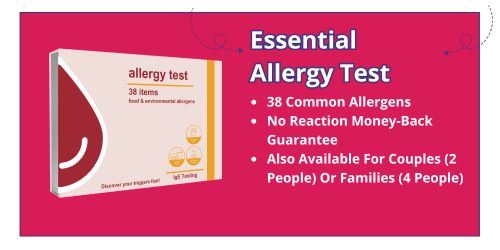There are options out there within the world of allergy testing. The most popular one, it seems, is a blood allergy test. This uses a blood sample to test in a lab against a selection of allergens. The level of the antibodies against each one will identify which allergens are causing a problem. Anyone who’s done their research has probably learned about the option of a test that relies on a hair sample as well. Here’s what you should know.
Can you get a hair allergy test?
It would be nice to know that you can get accurate allergy results without having to have blood drawn. But the reality is that a hair allergy test doesn’t exist in terms of the medical accuracy in the results. Allergies create a response within antibodies, and this level can be tested in a lab through blood samples and not hair samples. However, hair samples also have their place in the medical world of testing! When a sample is sent to a lab, hair is tested using bio-resonance technology, which focuses more on long-term reactions that are recorded in the hair sample itself.
The non-blood alternative
It’s understandable that blood tests may not be the best option for you when you need an allergy test done. After all, there are many people who are uncomfortable or fearful of seeing their own blood. If a blood test is not an option for you and your comfort levels, there are a few alternatives to consider.
• A skin prick test: This testing method does require the use of needles, but there is no blood involved. It applies a grid across your arms or back, and allergens are deposited within tiny pricks that the needles make. The allergens will create welts, and this will give you the test results without the use of blood.
• An oral test: Done in a medical environment, this test involves eating varying amounts of a suspected allergen over the course of a few hours. This test is often done without the patient knowing how much of the allergen is in the food that they are eating to get the most accurate results on the monitors.
To remember
While you can’t get a food allergy diagnosed by using a hair sample, you can rely on hair to give your results for an intolerance test. The science of bio-resonance testing has come a long way, and it has been harnessed carefully to offer accurate results for those who are dealing with food intolerances, including your pets! It is an effective and conclusive way to diagnose food intolerances, and the science is still constantly evolving.
So, while it may be upsetting to find that you can’t rely on a hair allergy test, it’s nice to know that there are non-blood alternatives available to you, and that hair testing itself can still be an option when you look at a potential need for an intolerance test. The science is there, after all, so we may as well use it!







